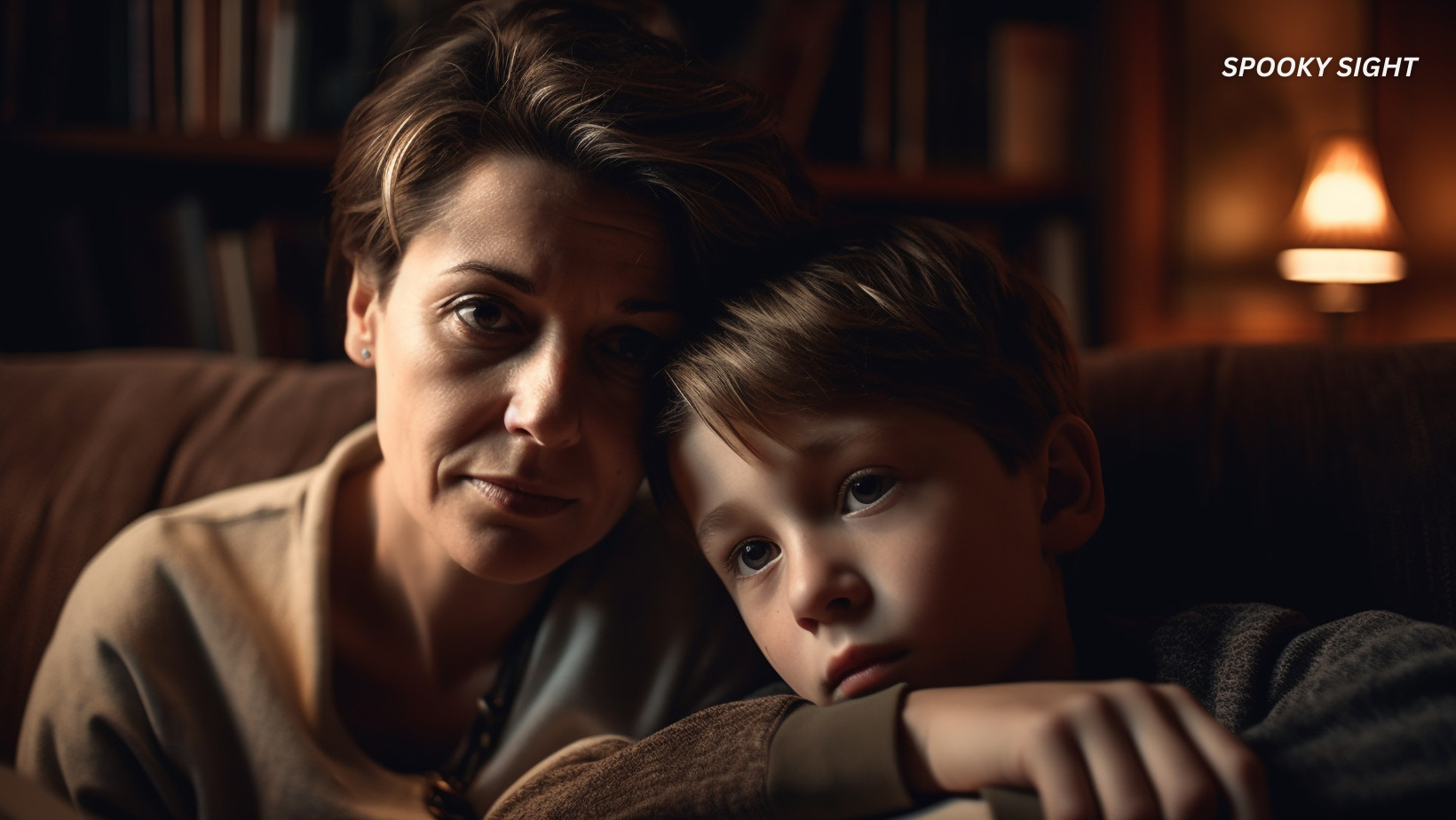The things we hear as children shape the way we think, feel, and understand the world around us—especially when those words come from our parents. Ideally, a parent’s voice helps build confidence, emotional safety, and trust. But when that voice is manipulative, it can do the opposite.
Emotionally manipulative parents often use subtle, guilt-laced language to shift blame, control behavior, or influence emotions. These phrases may sound ordinary at first, but they can quietly teach children to ignore their own feelings, question their memories, or take on responsibility that isn’t theirs to carry.
Here are eight common phrases emotionally manipulative parents tend to say—and how those words might have left a deeper impact than you realized.
1. “After everything I’ve done for you…”
At first glance, this might sound like a parent just expressing exhaustion or disappointment. But dig a little deeper, and it becomes clear that it’s about guilt—not guidance.
This phrase usually pops up when a child sets a boundary or disagrees with something. Instead of having a calm discussion, the parent shifts the focus back to themselves, highlighting their sacrifices to make the child feel guilty.
The message? That love and care are transactional—you owe them for it. But here’s the truth: parenting is a responsibility, not a debt to be repaid. Children shouldn’t feel bad for needing support or for growing into their own opinions.
Read more: 15 Quiet Signs Your Parent Was Emotionally Abusive—And You Never Knew It
2. “You’re too sensitive.”
This one might seem like simple feedback, but it cuts deep. It’s often said when a child expresses hurt or reacts emotionally. Rather than acknowledging the child’s feelings, the parent dismisses them.
The result? The child starts doubting their own emotions. Over time, they may start believing that their reactions are always “too much.” This can lead to a pattern of emotional suppression—where feelings are pushed down to avoid being seen as weak or dramatic.
Adults who were told this repeatedly often struggle with emotional clarity, fearing they’ll be judged or misunderstood for simply feeling things deeply.
3. “Why can’t you be more like your sibling?”
Ah, the comparison trap. This phrase might have been said casually, maybe even jokingly, but it can sting for years. Comparing one child to another sends the message that who they are isn’t good enough.
It doesn’t encourage healthy growth—it breeds shame, competition, and self-doubt. When a child hears this often, they may begin to tie their worth to approval and performance, rather than their true self.
Worse still, it can damage sibling relationships. Instead of seeing one another as teammates, children may view their siblings as rivals for love and validation.
4. “You’re the reason I’m unhappy.”
This one is perhaps the most heartbreaking of all. It turns a child into the scapegoat for an adult’s problems, emotions, or regrets.
Hearing this teaches a child that they’re somehow responsible for fixing someone else’s emotional pain. It blurs the line between being a child and becoming an emotional caretaker—a role they were never meant to fill.
As adults, people who were raised hearing this may struggle with guilt, people-pleasing tendencies, or feeling like a burden for simply existing.
5. “Don’t tell anyone what happens in this house.”
On the surface, this can sound like a call for privacy. But when said in the wrong context, it becomes a way to isolate and control.
This phrase discourages children from speaking up, even when something is wrong. It suggests that keeping the family’s image intact is more important than a child’s safety or truth.
Over time, this can make it hard for someone to trust others or even to trust their own judgment. Silence becomes a learned survival skill. And unfortunately, this silence can carry into adulthood, making it harder to seek help when needed.
Read more: Love Black Coffee? Science Says You Might Have a Dark Side
6. “If you really loved me, you would…”
This phrase uses love like a bargaining chip. It pressures the child into doing something—not because it’s right, but because it’s framed as proof of love.
This kind of emotional blackmail is confusing. It teaches children that love must be constantly earned or proven, often through self-sacrifice.
As adults, this can show up in relationships where someone feels the need to overextend themselves just to feel accepted. It blurs the lines between love, obligation, and manipulation.
7. “I gave you life, so you owe me.”
Here, love becomes a lifelong debt. The idea is that because a parent brought a child into the world, the child must now repay that by complying with their wishes—forever.
This logic can feel impossible to escape. Children who hear this often grow into adults who feel guilty for pursuing their own dreams, setting boundaries, or living independently.
In healthy families, love is given freely—not as leverage. True parental care doesn’t come with strings attached.
8. “That never happened. You’re making it up.”
This is textbook gaslighting—a tactic that manipulates someone into doubting their own reality. When a parent denies something that clearly happened, it creates a deep sense of confusion.
The child begins to wonder: “Did I imagine it? Am I overreacting? Is something wrong with me?”
Over time, this damages a person’s ability to trust their memories, instincts, and decisions. It’s like being taught that your own mind can’t be trusted—and that’s a hard belief to unlearn.
The Lingering Impact of Manipulative Words
Words leave emotional footprints—especially when they come from people we love. The phrases above may seem small or subtle, but their long-term effects can be enormous.
Children who grow up with emotionally manipulative parents often develop low self-worth, chronic guilt, or difficulty expressing emotions. They may second-guess themselves, feel responsible for others’ feelings, or have trouble setting healthy boundaries.
In adulthood, this can lead to toxic relationships, people-pleasing habits, or emotional burnout.
What Healing Can Look Like
If any of these phrases sound painfully familiar, know this: you’re not broken, and you’re definitely not alone.
The first step toward healing is awareness—recognizing the patterns and how they affected you. From there, it becomes possible to rewire those beliefs. You can begin to replace guilt with self-compassion, and fear with boundaries.
Journaling, therapy, and supportive communities can all help. Learning how to communicate assertively and regulate your emotions is also key. Most importantly, allow yourself to rebuild trust with your own inner voice—the one that knows you’re worthy, lovable, and capable.
Read more: You Were Raised Right If These Traditional Life Lessons Have Stuck With You
Final Thoughts
Emotionally manipulative parents may not always realize the impact of their words, but the effects are real. Phrases like “you’re too sensitive” or “if you really loved me” can leave emotional bruises that last well into adulthood.
Recognizing these phrases isn’t about blaming or dwelling on the past—it’s about understanding your story so you can write a new chapter. One that includes kindness toward yourself, healthier relationships, and the freedom to speak your truth.
You don’t have to live by someone else’s version of reality. With clarity, compassion, and support, you can step out of emotional manipulation and into a life guided by honesty, boundaries, and authentic connection.
(Image: Freepik)









